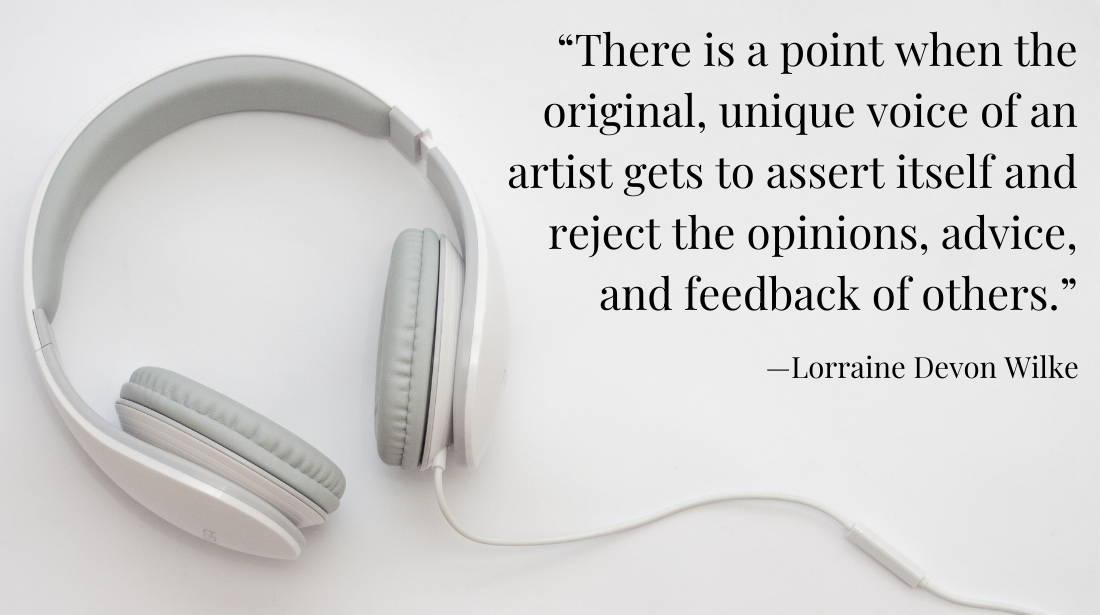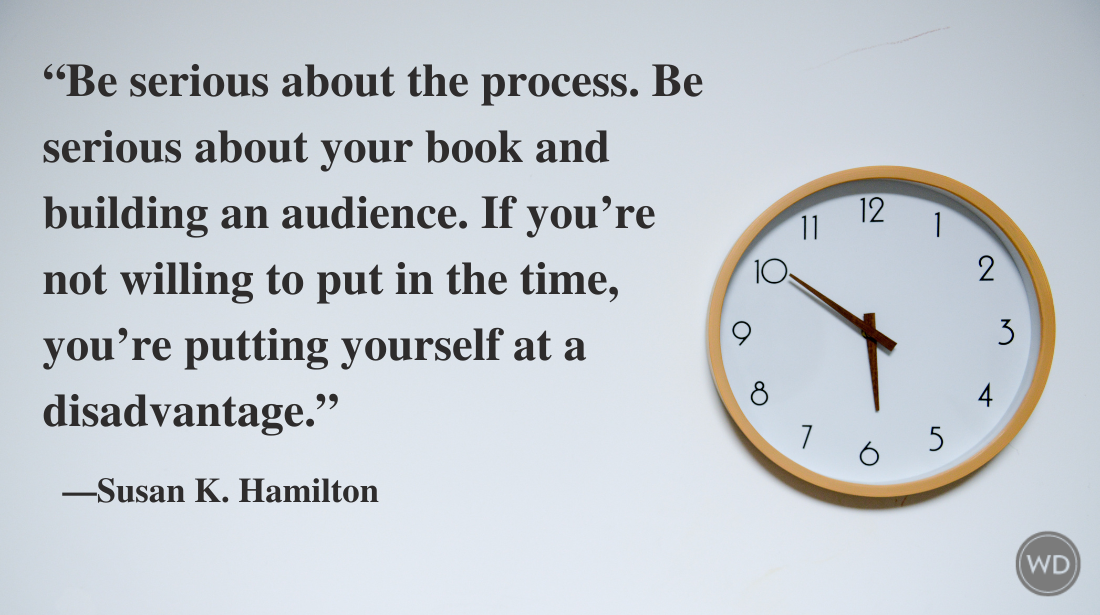Challenge Assumptions to Sell More Books
Guest post by Rob Eagar Every author wants a lot of people to buy their books. But, people won’t buy a book unless they feel a reason to read –…
Guest post by Rob Eagar
Every author wants a lot of people to buy their books. But, people won't buy a book unless they feel a reason to read - regardless if it's fiction or non-fiction. People want to know up-front if your book will help solve a problem, inspire them to think bigger, see the world through different eyes, etc.
An uncommon way to gain reader interest in your book is to challenge their beliefs and assumptions. Take a counterintuitive approach that goes against the status quo. If you tell people to "zig" when they think they should "zag," you will naturally grab their attention.
For example, one of my clients recently wrote a book that suggests employees don’t quit their job due to a lack of compensation money. They leave primarily because they don’t feel appreciated. This idea goes against the accepted notion in many business circles. By using a counterintuitive argument, this author draws people to his message.
Another client recently made use of counterintuitive thoughts to develop new ideas for speeches, newsletter articles, media hooks, and book ideas. For instance, she challenges the assumption that people are supposed to act reserved during a time of grief or loss. Instead, she asserts that having fun is central to the healing process. Here's a list of some other interesting counterintuitive thoughts that she created:
- You should have fun in the midst of sorrow.
- Everyone was created to be a fun person.
- You can be more productive if you take breaks to play around.
- Rules for age-appropriate behavior need to be broken.
- The busier you are, the more you need to fit fun into your day.
I like these statements, because they stop you in your tracks, make you pause, and want to hear more about the topic - even if you disagree with her. You'll never sell a ton of books trying to please everybody. Instead, you can gain a wider audience by making statements that knock people off balance.
However, be careful not to confuse being counterintuitive with being controversial. Many people use controversy as a shock tactic to get people's attention, such as slandering another person or making insensitive remarks. Yet, controversy only works if you can back up your argument with solid logic. Otherwise, the tactic will backfire, make you look stupid, and cause damage to your reputation. In contrast, counterintuitive ideas challenge people's thinking without offending their intelligence.
Enhance your book marketing efforts by using counterintuitive thoughts to gain reader interest. Examine the central themes of your message or stories, and look for areas where you go against the grain of common thought or accepted practices. In other words, how can you improve someone's life by exposing their faulty beliefs or misconceptions?
Make a list of counterintuitive ideas, and use those thoughts to write articles, blog posts, press releases, free resources, and marketing hooks that stop people in their tracks. If you can get someone to admit, "I've never thought about it that way before," then you make your book more appealing.
Logic makes people think, but emotion makes them act. So, if you want more people to buy your books, don't take the conventional road. Instead, crank up a person's emotions by challenging their logic.
About the Author
Rob Eagar is the founder of WildFire Marketing, a consulting practice that helps authors and publishers sell more books and spread their message like wildfire. He has assisted numerous New York Times bestselling authors and his new book, Sell Your Book Like Wildfire, will be published by Writer’s Digest in May, 2012. Find out more about Rob’s advice, products, and coaching services for authors at: www.startawildfire.com









